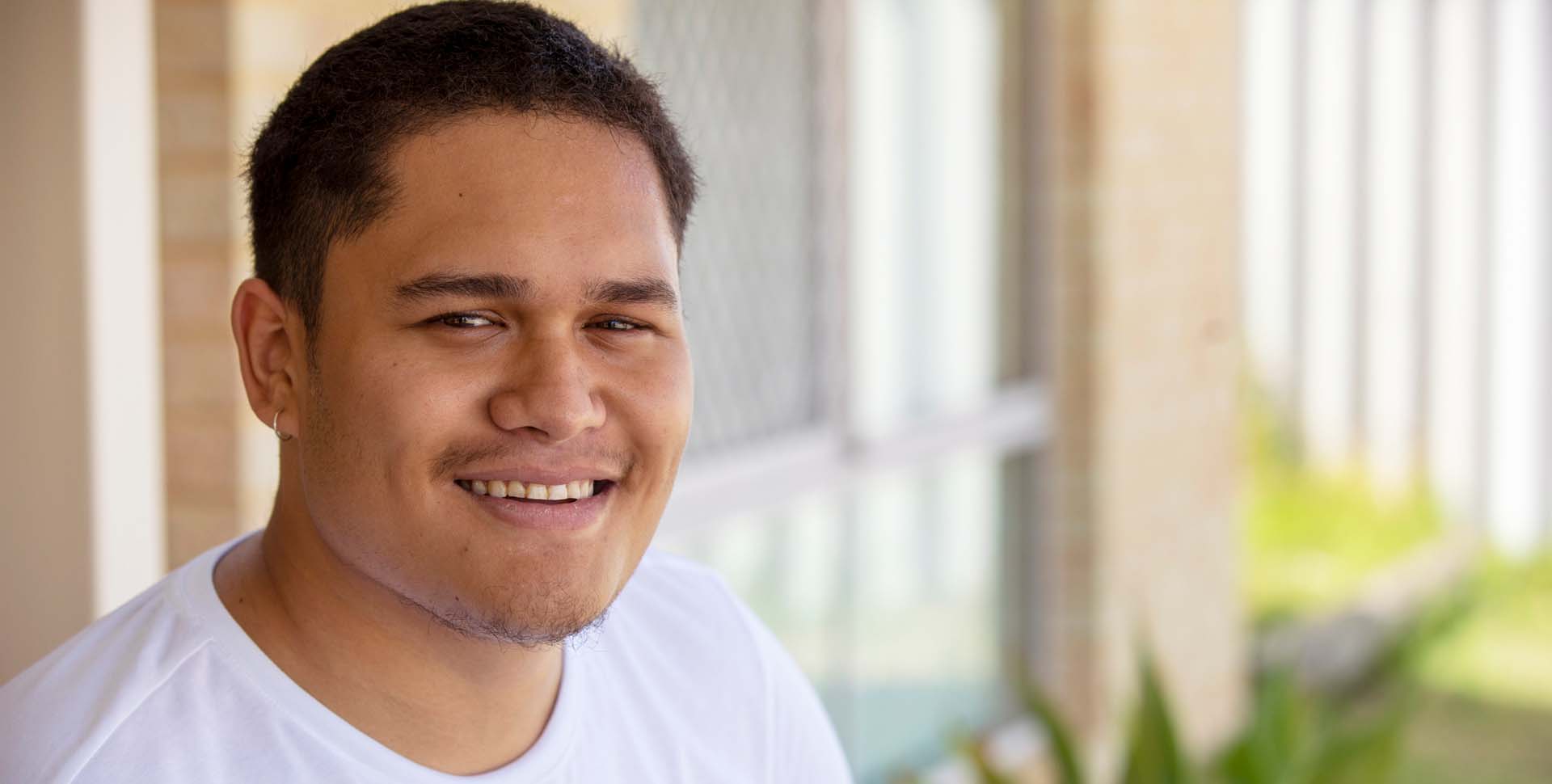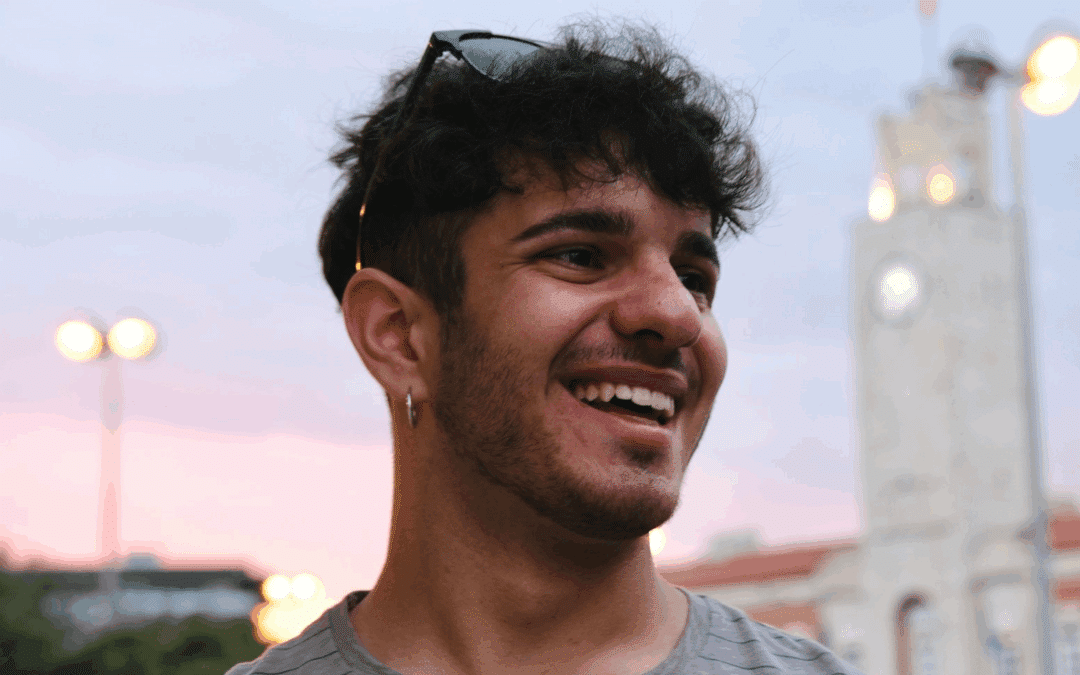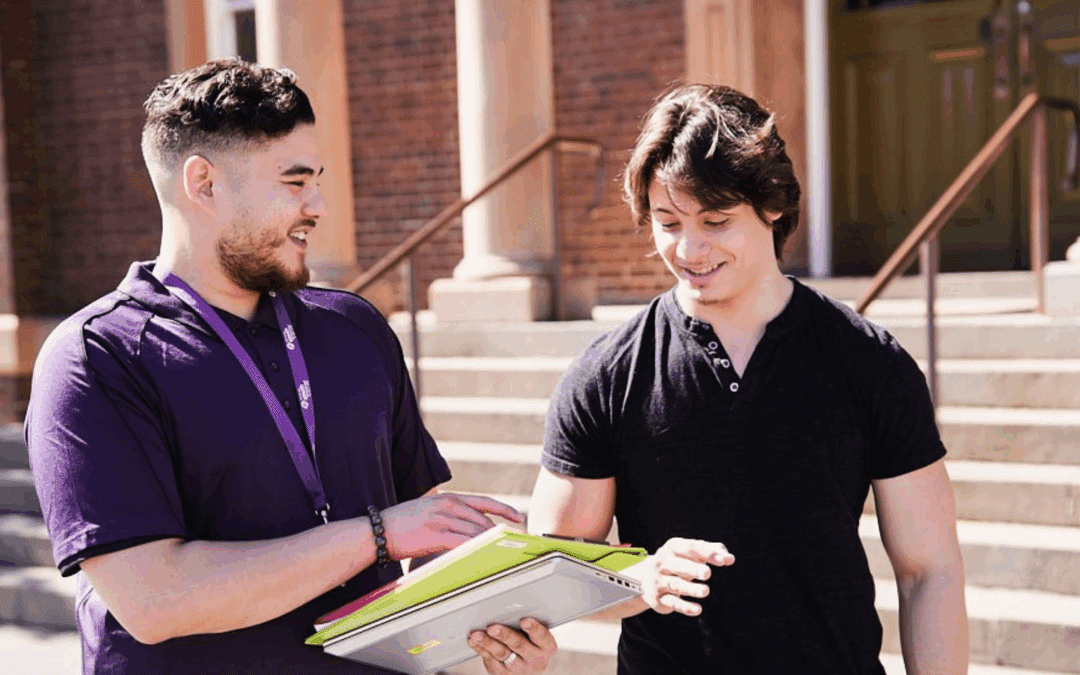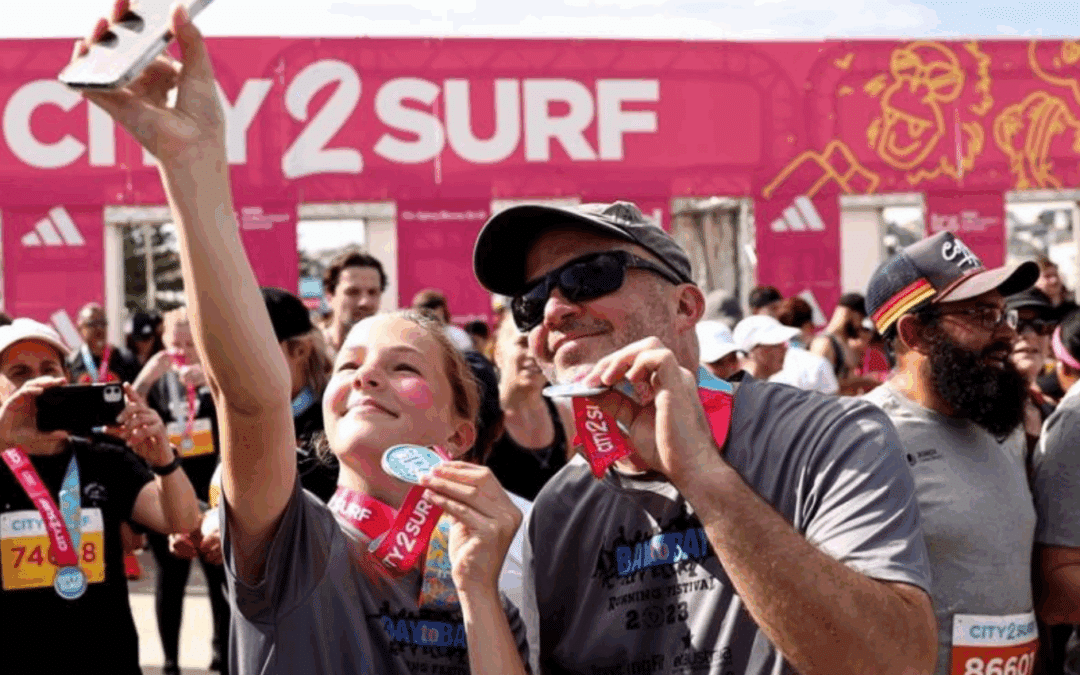When he was 14 years old, Joshua* became part of a gang in his local area, which led to his involvement with the police. Last year, he spent a few months in and out of a juvenile detention centre.
“There are many reasons why young people become engaged in the justice system,” says Michelle Ackerman, Youth Off The Streets’ Engagement and Support Manager.
“If we look into the socio-economic background of many of these young people, they’re often financially disadvantaged.”
Michelle explains that some young people engage in risk-taking behaviours because they feel like they don’t belong, or in response to trauma such as family violence.
“Youth justice is a tricky system to navigate, too. Young people must get the information they need and engage with people who know what they’re talking about; it’s important to help them understand what their rights are.”
The detention centre Joshua was in ran a PACIFICA program, which addresses the specific needs of Pacific Islander young people through cultural education, role modelling and mentoring. That’s where he met Youth Off The Streets’ Senior Youth Worker, Tommy Satiu.
“All the boys were excited because we had never learned anything about our culture before,” Joshua reflects.
“Tommy was one of the facilitators. He was cool and laid-back.”
The group learned about their cultural history through activities including dance and music.
“In the past, I would have refused to participate in that kind of thing, but the boys came together to build a strong group,” Joshua says.
“We learned how our ancestors were voyagers, and Tommy used that as an example of how we are on a constant journey. Being locked up is another wave we have to overcome.”
Joshua formed a connection with Tommy, and asked his caseworker if Tommy could become his mentor when he was released.
“Tommy is supporting me now, and he’s helping me stay on the right track,” he says.
Youth Off The Streets has a range of services within youth justice: from early intervention and prevention to reconnecting young people with the community after incarceration, including a culturally-responsive program offered across South Western Sydney.
“We go into juvenile detention centres and do capacity building workshops with young people, particularly around goal setting and what their plans are after they exit detention,” Michelle says.
“The unique part about our programs is that we work across a whole continuum of support.”
“We help young people identify the key issues and respond to their trauma with a more productive framework,” she says. “We support them in learning how to have different responses and how to self-regulate.”
“Then we support them as they reintegrate back into the community.”
Joshua says that Youth Off The Streets has helped him understand his culture and mentored him to become a better person for his family and community.
Now 17 years old, his goal is to stay away from crime and find a full-time job.
“I make my own choices in life, and I know being locked up is not my future,” he says.
“My job is to make sure my siblings and friends don’t follow my path, because it sucks!”
Michelle explains that if we’re not supporting young people like Joshua, they’ll most likely continue to have a ‘chronic experience’ of the justice system.
“These young people are our future,” she states.
“We must ensure that they have the support systems and structures around them to work through their trauma, move forward and achieve their goals without cycling through the system.”
Joshua is enrolled in a forklift training course and has job agency support while he’s on the hunt for work.
“Once I complete all my conditions with youth justice and find a job, I hope to live independently and support my family.
“Maybe one day I’ll be a youth mentor and support young people going through hard times like I did.”
Learn more about our youth justice support programs.
*Name and image changed to protect the identity of the young person.



